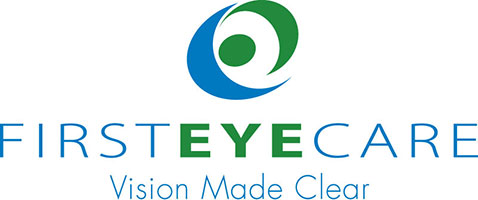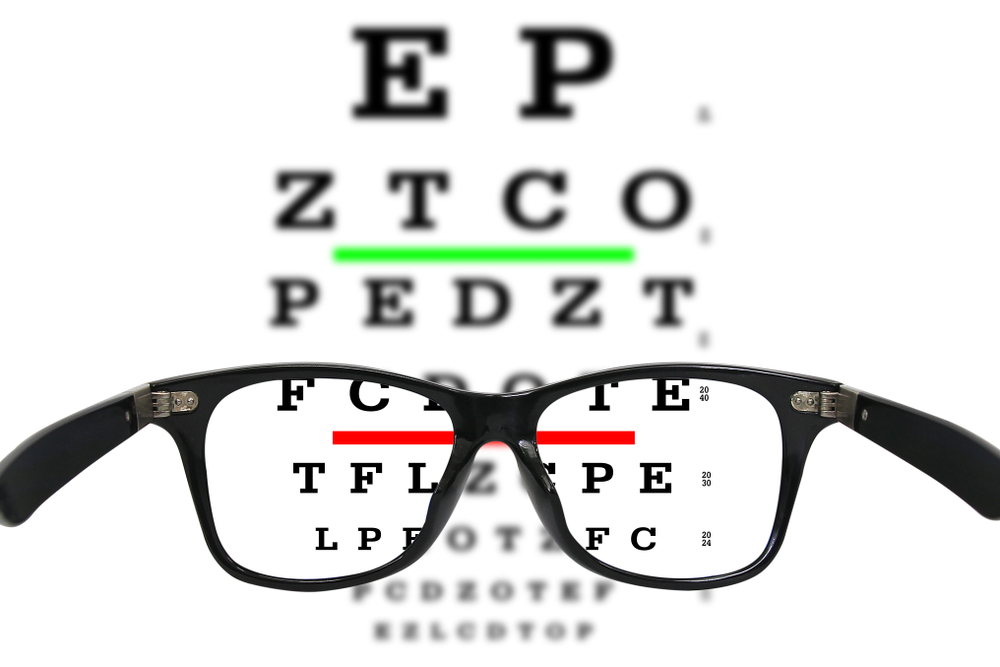20/20 vision. We’ve all heard this term before, but what does it really mean? Most people associate it with having “perfect” or “normal” vision, however, there is much more to it than that. 20/20 vision is a term used to refer to normal visual acuity – which is the clarity or sharpness of vision – measured at 20 feet. Individuals with 20/20 vision can see clearly at 20 feet what they should be able to see. So, individuals who do not have 20/20 vision, but have 20/100 vision, for example, must be as close as 20 feet in order to see what someone with 20/20 vision can see at 100 feet.
A common misconception is that people with 20/20 vision have perfect vision. While there is some truth behind this statement, there are other factors to take into consideration. 20/20 is only indicative of the sharpness or clarity of vision at a distance. It does not have anything to do with your peripheral awareness, eye coordination, depth perception, focusing ability, or color vision, all of which contribute to your overall ability to see.
What is Visual Acuity?
When you go to your Hurst eye doctor, you may hear the term “visual acuity” thrown around a time or two. So, what does this really mean, and what does it have to do with 20/20 vision? Visual acuity is your ability to distinguish details and various shapes of objects. A person with good visual acuity will be able to see items with complete clarity at a standard distance. Visual acuity has nothing to do with depth perception, peripheral vision, or color blindness.
Here at First Eye Care, we have numerous machines that can perform visual acuity tests, which will help us determine if you have 20/20 vision. The “Random E Test” is one most people have done before, and a great tool that allows us to evaluate how your eyes move and interpret objects.
What Corrective Methods Are There?
If our tests determine that you do not have 20/20 vision, fear not, there are many different corrective methods available today. The majority of these options are safe and affordable, providing those with less-than-perfect vision a means to see clearly. It is important to discuss these options with your Hurst eye doctor to ensure you choose the right one for your needs. Some of the corrective methods we offer include:
Having good vision is important for many different reasons, including your safety and overall well-being. If you have noticed yourself squinting when trying to read street signs or something on the television, or if things are a little out of focus for you, it may be time to schedule an appointment. As we age, our eyes become tired and we often lose clarity and focus. Thankfully, the options listed above are affordable and will have you back to seeing clearly in no time. If you have questions about 20/20 vision, or would like to learn more about how we can help you, please contact First Eye Care DFW.



